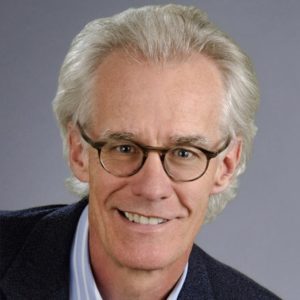The Moon administration had three overlapping--yet subtly distinct--motives in responding to the invasion of Ukraine. The first is a global public goods rationale: to stand against a blatant violation of international norms. This rationale has figured centrally in South Korean policy statements so far, and has put Korea in a follower position, looking to the…
May 17, 2022
There is a long tradition of considering North Korean leaders’ public appearances as a potential source of information on the regime’s priorities (see for example: Haggard, Herman, and Ryu; Pyo and Hur; Kim and Lee). We now have ten full years of this data for Kim Jong-un through the South Korea Ministry of Unification portal,…
April 15, 2022
Given the paucity of data on North Korea, the food prices provided by Rimjingang and DailyNK are often used for a variety of analytic purposes: to monitor seasonal fluctuations that most affect the poor; as a wider proxy for inflation; and as an indicator of larger constraints on the economy, including sanctions and the border…
March 31, 2022
In a previous post, we asked the question of whether the Korean electorate was becoming more polarized, looking at the ideological differences across all citizens and those who identified most strongly with the two major parties. Our findings were that politics was becoming somewhat more polarized, but more sharply among partisans than the general public.…

